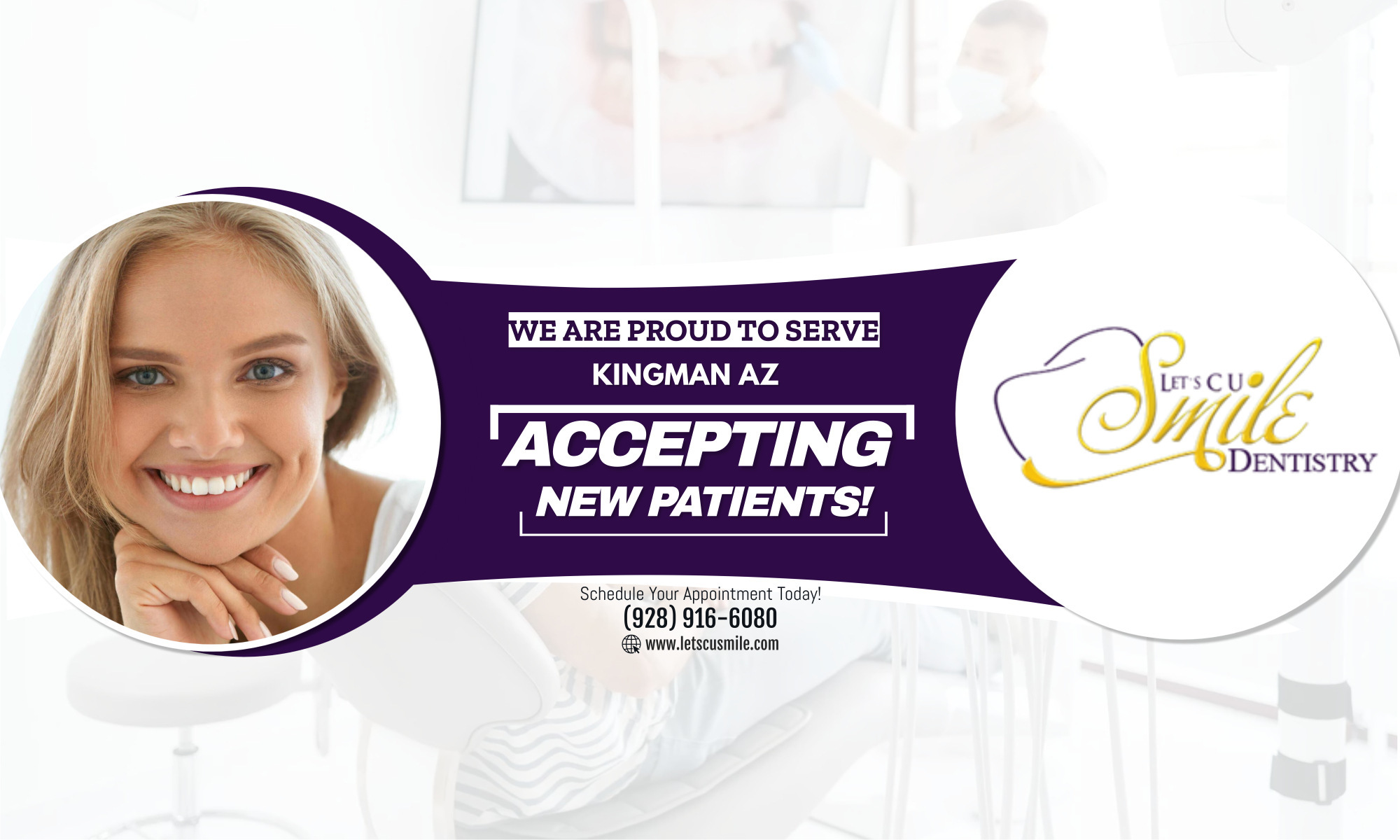Research has shown strong links between periodontitis (advanced form of gum disease) and other health problems such as cardiovascular disease, stroke and bacterial pneumonia.
And pregnant women with periodontitis may be at increased risk of delivering pre-term and/or having babies with low birth weight.
However, just because two conditions occur at the same time, doesn’t necessarily mean that one condition causes the other. The relationship could work the other way.
For example, there is evidence that diabetics are more likely to develop periodontitis and have more severe periodontitis than non-diabetics.
Alternatively, two conditions that occur together may be caused by something else.
In addition, people who smoke or use alcohol have a higher than average risk of developing periodontitis and other conditions, including oral cancer.
Research is looking at what happens when periodontitis is treated in individuals with these problems.
The aim is to find out whether periodontitis does have an effect on other health problems.
If one caused the other, improvement in periodontal health would also improve other health problems.
While the research is not yet conclusive, the potential link between periodontitis and systemic health problems, means that preventing periodontitis may be an important step in maintaining overall health.
In most cases, good oral health can be maintained by brushing and flossing every day and receiving regular professional dental care.
